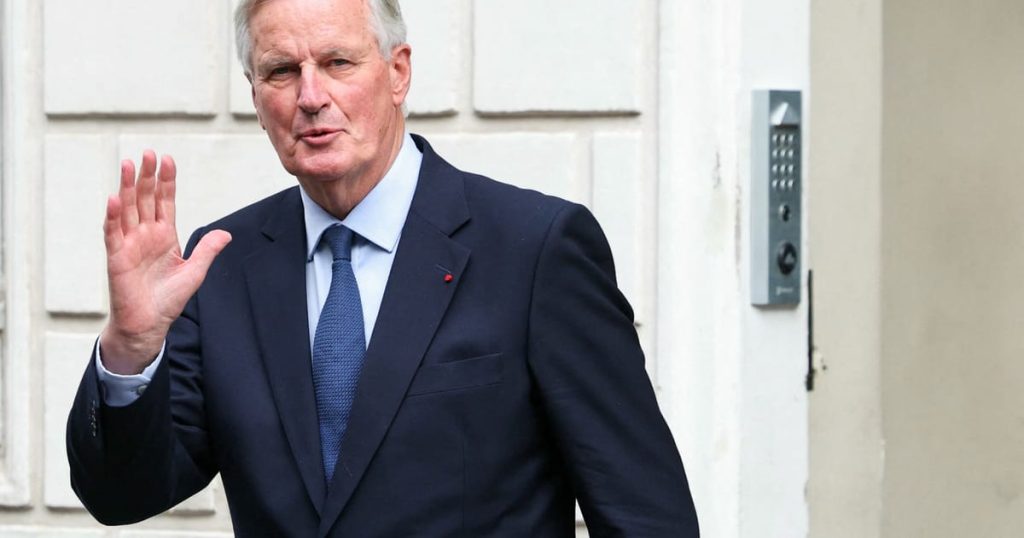Michel Barnier, the recently elected prime minister of France, has returned to work following a medical operation, with plans for a public appearance scheduled for Thursday. At 73 years old, Barnier stands as the oldest prime minister in the history of France’s Fifth Republic, a notable distinction that may influence public perception and political dynamics during his tenure. While the specific nature of Barnier’s health operation has not been disclosed by his office, his experience highlights the complexities surrounding the health disclosures of high-ranking politicians in France.
The tradition of health privacy among French leaders is well-established; it varies significantly from nation’s practices regarding political transparency and health status. Historically, many influential figures have kept their health struggles secret, leading to public unrest once these conditions have been revealed. In the case of George Pompidou, he was diagnosed with a rare blood cancer which ultimately led to his premature death in 1974, all the while he kept the diagnosis concealed from the public. Conversely, François Mitterrand faced scrutiny when he publicly disclosed his prostate cancer condition in 1992, reflecting a significantly different approach to health transparency.
The decision to maintain silence regarding health conditions is not merely personal but intricately tied to the political landscape in France. It raises ethical questions about the obligation of transparency for elected officials. The lack of obligation for politicians to report health issues reaffirms a long-standing cultural norm where privacy prevails over public curiosity. This dichotomy highlights an ongoing discussion about the balance between a politician’s right to privacy and the public’s right to information that may influence the leadership effectiveness and stability of government.
Further complicating this issue is the growing concern for the aging political figures in leadership roles, as evident with Barnier’s distinction as the oldest prime minister in contemporary French history. The overlap of age, health, and political efficacy presents challenges not only for individual leaders but also for the electorate, who may question whether the age of certain officials impacts their capability to govern effectively. As more leaders reach advanced ages while in power, the conversation surrounding health disclosures and perceived competency is likely to intensify.
In the backdrop of these discussions lies the continuing evolution of media scrutiny surrounding political candidates’ health. With the rise of social media and 24-hour news cycles, public figures are more susceptible to unprecedented levels of scrutiny than ever before. This reality raises questions about the implications of leadership health on governmental stability and decisions. Whether the media should enforce a code of conduct regarding privacy—particularly as it pertains to health information—remains a contentious topic among journalists and political analysts.
As the political landscape shifts, it is imperative for both the public and officials to navigate these waters with a balance between ethical stance on health transparency and the political realities of governance. The reactions from the public regarding Barnier’s return to work and management of his health will likely serve as a litmus test for how society perceives leadership, wellness, and age in positions of power going forward. The outcomes will not only shape the narrative for Barnier but also pave the way for future leaders grappling with similar circumstances.














